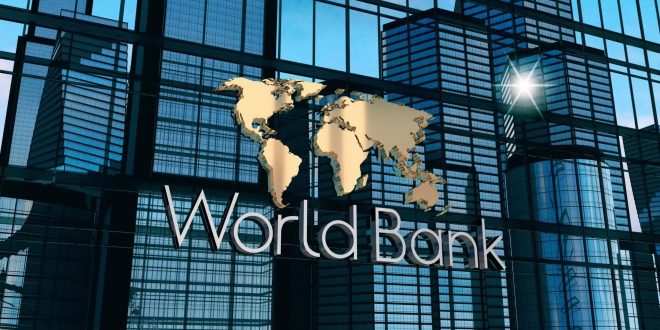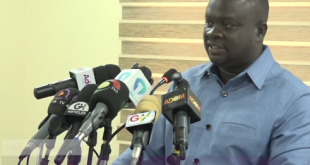The World Bank has advised the Government of Ghana to shift its financing strategy by relying more on concessional external funding—particularly from the International Development Association (IDA)—rather than continuing to depend on high-cost domestic borrowing to fund capital projects.
Speaking at the launch of the World Bank’s 2025 Policy Notes: Transforming Ghana in a Generation in Accra on Wednesday, September 24, the Bank’s Country Director for Ghana, Sierra Leone, and Liberia, Robert Taliercio, stressed that concessional IDA loans offer far more favourable terms compared to domestic Treasury-bills.
“Even with recent declines in average domestic borrowing costs to 11.9 percent in September 2025, new IDA blend terms offer significantly lower rates at 1.5 percent, locked in for longer periods,” Mr. Taliercio said. “It’s an obvious choice in terms of using all IDA available before resorting to further domestic financing.”
Between 2023 and 2024, Ghana’s short-term domestic borrowing via Treasury bills carried an average interest rate of 27.4 percent, according to the World Bank. By contrast, IDA loans come with interest and service fees ranging from 0.75 percent to 2.0 percent, along with longer grace periods and maturities, making them far more sustainable for long-term development financing.
Structural Reform Priorities Outlined
The newly launched 2025 Policy Notes outline a roadmap for Ghana’s transformation over the next generation. The World Bank identifies four strategic foundations for achieving long-term growth and inclusive development:
- Restoring macro-financial stability – through improved revenue mobilisation, sustainable public finance, and structural reforms in key sectors such as energy and cocoa.
- (Other foundations were not specified in the excerpt, but can be included when available.)
Taliercio noted that while Ghana has made some progress, tax mobilisation remains low by regional standards. In 2021, Ghana’s tax-to-GDP ratio stood at 13 percent, well below the Sub-Saharan African average and significantly under its estimated tax potential of 21 percent.
In the first half of 2025, the government collected 7.1 percent of GDP in revenue, falling just short of its 7.3 percent target for the period.
Ghana has been navigating a complex fiscal landscape, marked by high debt servicing costs and the need to finance critical infrastructure. While inflation has declined and the local currency has strengthened in 2025, the country continues to face structural economic challenges.
The World Bank’s recommendations reflect a broader push by development partners for Ghana to reduce reliance on expensive domestic markets and adopt more sustainable financing models for its long-term development agenda.
 Adoa News Adoa News
Adoa News Adoa News




